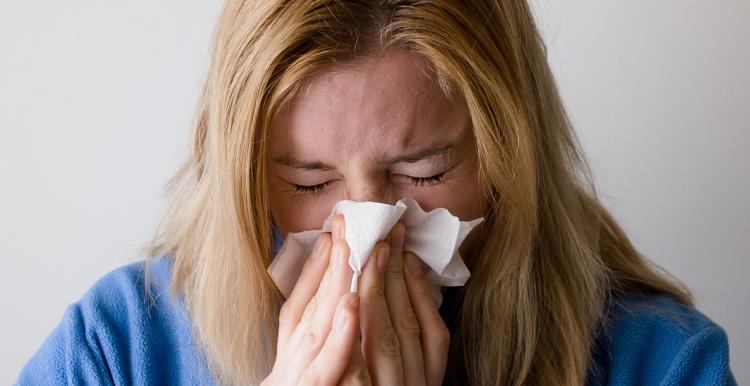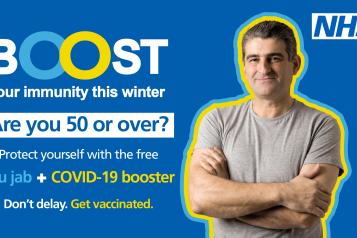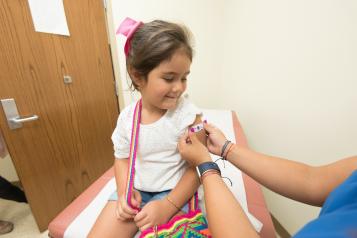Covid-19 guidance (updated December 2022)

Try to stay at home and avoid contact with other people if you have symptoms of COVID-19 and either:
- you have a high temperature
- you do not feel well enough to go to work or do your normal activities
Take extra care to avoid close contact with anyone who is at higher risk of getting seriously ill from COVID-19.
You can go back to your normal activities when you feel better or do not have a high temperature.
Covid-19 symptoms
Symptoms of coronavirus (COVID-19) in adults can include:
- a high temperature or shivering (chills) – a high temperature means you feel hot to touch on your chest or back (you do not need to measure your temperature)
- a new, continuous cough – this means coughing a lot for more than an hour, or 3 or more coughing episodes in 24 hours
- a loss or change to your sense of smell or taste
- shortness of breath
- feeling tired or exhausted
- an aching body
- a headache
- a sore throat
- a blocked or runny nose
- loss of appetite
- diarrhoea
- feeling sick or being sick
What to do if you've tested positive for COVID-19
Free testing for COVID-19 from the NHS has ended for most people in England. If you have symptoms of COVID-19, you are no longer required to do a rapid lateral flow or PCR test.
If you still want to get tested and you're not eligible for a free NHS test, you can buy a COVID-19 test from some pharmacies and retailers, in person or online.
If you have tested positive for COVID-19 you should:
- try to stay at home and avoid contact with other people for 5 days
- avoiding meeting people at higher risk from COVID-19 for 10 days, especially if their immune system means they’re at higher risk of serious illness from COVID-19, even if they’ve had a COVID-19 vaccine
This starts from the day after you did the test.
If a child or young person aged 18 or under tests positive for COVID-19, they should try to stay at home and avoid contact with other people for 3 days. This starts from the day after they did the test.
Children and young people tend to be infectious to others for less time than adults. If they’re well and do not have a temperature after 3 days, there’s a much lower risk that they’ll pass on COVID-19 to others.


